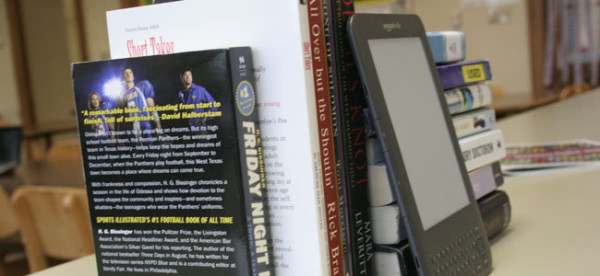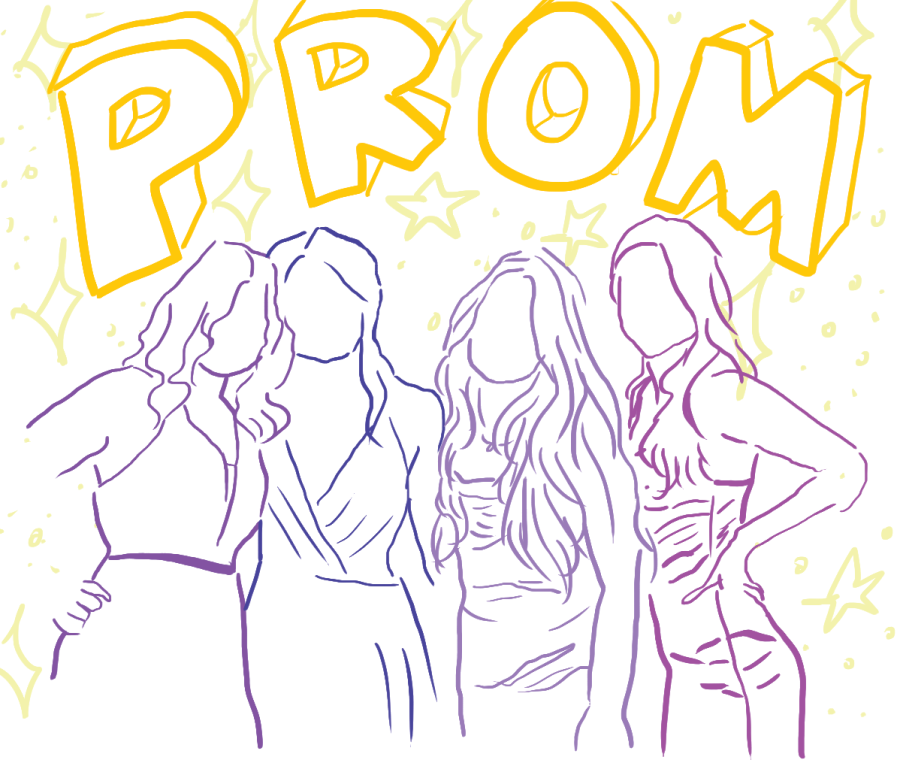Instead of ‘paper or plastic’, this generation is likely to hear ‘print or digital’?
Kindles, Nooks, and other electronic readers (e-readers for short) are popping up everywhere these days. While just a few decades ago books seemed like a fact of life, now some people believe that they’re obsolete. Instead of mouldering libraries, people transport hundred of books in lightweight devices. They’re as likely to download a book as to browse through titles at a bookstore. On the other hand, lovers of print books passionately defend their chosen method of reading. Which do Northtown students and staff prefer?
Although many librarians still read paper books, they all seemed open to new technology.
“I’d like to own a Kindle,” librarian Kristie Carney admitted.
Librarian Jessica Thomas owns an i-Pad but usually reads print books.
“It’s what I’m used to, I guess,” she said.
Liz Maurin, on the other hand, cited portability, convenience of downloading, and ease of keeping your spot as bonuses for e-readers.
English teacher Steven Hatfield supports books.
“I’m a dinosaur,” he said. “A proud dinosaur.”
Junior Felicia Porter likes e-readers.
“If I check out a book from the library, it’s not really mine,” she explained. “If I buy one, it’s paper. With an e-reader you can read in the dark, highlight and un-highlight, and change pages at the touch of a finger.
Senior Zach Slater, on the other hand, prefers books for unconventional reasons.
“I can throw it at somebody and it only costs 20 bucks to replace it,” he said.
Many classes – including some at Northtown – use online textbooks to supplement or replace paper versions. This can provide enrichment, let students access books away from home or school, and lighten their loads a little.
“For most people they’re very convenient,” said senior Amethyst Parker. “It cuts down on backpack weight, so for the most part it’s a pretty good idea. There can be technical difficulties, though.”
Chemistry teacher Jennifer Minor disagreed.
“I like to hold a book in my hand,” she said. “With the Internet and online books, kids who are visual learners don’t always do well.” She went on to explain that the lack of seeing text and diagrams laid out on the page can make things more difficult for some students.
At first glance, it seems like e-readers would clearly have the environmental advantage. After all, they can contain hundreds of books that would otherwise need to be manufactured and printed.
Not so fast, said the Sierra Club, an environmental organization. Considering manufacturing, shipping, energy required, and decomposition, they ruled that traditional books are usually greener. Other studies turned up varying opinions, some disagreeing, some backing the decision up. Neither side can claim a resounding environmental victory.
Either way, the Sierra Club website advised, if you’re worried about the environment one choice stands out: “the good old fashioned public library.”
E-readers aren’t going to go away. However, this doesn’t mean that print books will disappear completely. As long as patrons of both kinds of books exist, tradition and technology will coexist.









